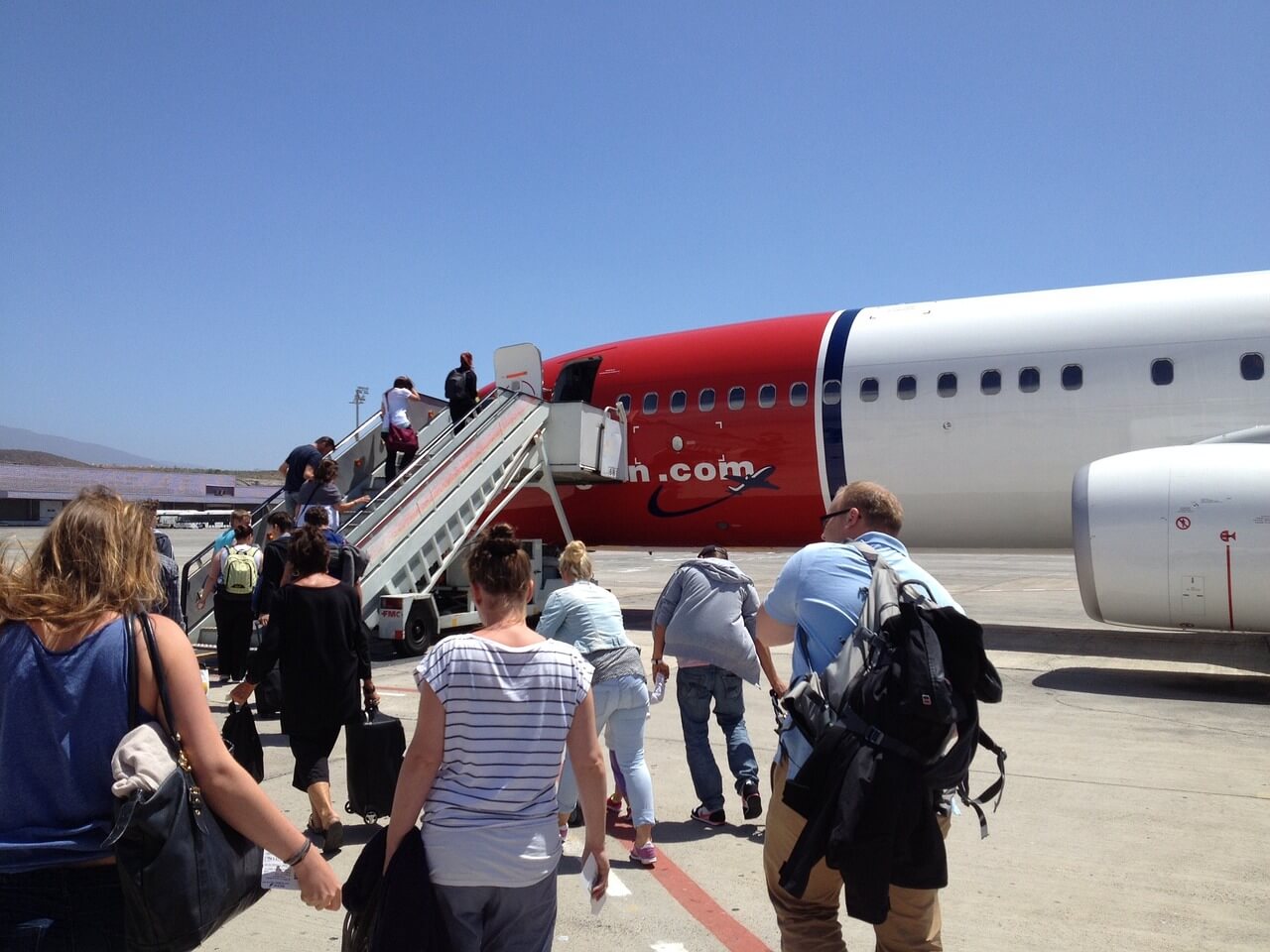There’s a whole list of travel hacks designed to save money, from packing your clothes in rolls to doing somewhat unethical tricks when booking, but where does skiplagging fit into this?
Straight into “airlines hate this one trick” bin and, unfortunately, a practice that companies will soon crack down on.
The Washington Post reports the case of a teenager who was denied flight boarding for skiplagging, even though he hadn’t committed any crimes.
According to multiple news outlets, the teenager was actually pulled aside by American Airlines because they got suspicious once they saw his driving license, which was issued in the same state he planned to skiplag.
What is skiplagging?
Washington Post explains:
“Skiplagging — or ‘hidden-city ticketing’ — is booking a trip where you plan on getting off at a layover city and throwing away the last leg or legs of a flight,” explains Clint Henderson, industry expert and managing editor for the Points Guy.
“Say I want to fly to Miami from New York,” he explains. “Prices are high if I book direct, but if I fly New York to Miami to Orlando, I can save $130. I could book that, pocket the savings, and then get off the plane in Miami instead of continuing on to Orlando.”
It might seem counterintuitive: You’re ultimately flying fewer miles in the sky, so why should it cost more money on the ground? Well, airlines typically price flights with a connection at a lower rate than directs because the latter are often in higher demand. Plus, as Henderson points out, carriers want to route as many passengers as possible through their dedicated hubs to increase efficiency and thereby cut costs. That means you can usually save money by connecting through one of these primary bases of operation.”
As you can imagine, while this would be a great travel hack for a consumer, airlines are seriously against this practice. This is because they have to fly with emptier planes and lose revenue, since most journeys are priced based on the popularity of the destination, not the distance of travel.
Of course, you as a consumer are also at risk because basically you are paying for a trip from A to B and the airline decides which route to take to fulfill that order. If they change the route and go to a different connection node than the one presented when you initially bought the ticket (in the case of skiplagging, the actual destination you wanted), you might find yourself not where you intended.
Still, it’s rare that airlines enforce penalties for skiplagging and hidden city ticketing, since most people can simply claim they missed their flight and there is no penalty for that.
The case of the teenager this week is a rare one. Previously, another notable case saw Lufthansa suing someone who bought an Oslo to Seattle trip via Frankfurt for a small sum, then debarked in Frankfurt with a different ticket.
Lufthansa claimed the ticket should have cost 2,769 euros and demanded a repayment of that 2,112 euros difference, plus interest.
Follow TechTheLead on Google News to get the news first.





















